2014 Archive (10 found)
 The Strains of War
The Strains of War
November 8, 2014 | The Wall Street Journal
DURING THE NAZIS’ siege of Leningrad, which lasted from September 1941 to January 1944, the city’s radio station broadcast the sound of a metronome. Its steady tick-tock between programs reassured listeners that the booth was not empty-or, worse yet, in German hands. The metronome served a practical as well as a psychological function. Faster ticks …
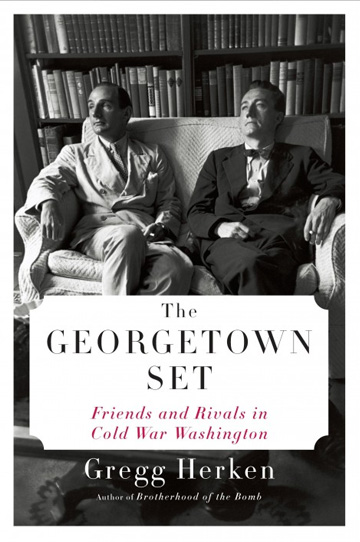 The Georgetown Set
The Georgetown Set
November 3, 2014 | The Barnes & Noble Review
Sunday dinners at Joe Alsop’s Georgetown home followed a strict protocol. The evening began with dry martinis to disinhibit the guests: ambassadors, justices, reporters, and members of Congress. Ladies had to be escorted into the dining room, and the sexes disbanded after dessert: men to the library and women upstairs. (Alsop, a syndicated columnist for …
 A Champion Who Couldn’t Win
A Champion Who Couldn’t Win
August 30, 2014 | The Wall Street Journal
SHOULD AN ATHLETE become an activist? Does a black athlete have a choice? In 1966, Muhammad Ali refused to be drafted by the Army for service in Vietnam; he fought the case successfully all the way to the Supreme Court. Mr. Ali’s contemporary Bill Russell was famously antagonistic toward basketball fans in race-troubled Boston and …
 Anguish and Triumph
Anguish and Triumph
August 12, 2014 | The Barnes & Noble Review
Ludwig van Beethoven, titan of Romanticism and sublime poet of music, was himself no poem. A misanthrope with a volatile temper and slovenly appearance, he was once mistaken for a tramp and hauled off to spend the night in jail. One of the women who rejected his marriage proposals described him as “ugly and half …
 Scalia in Sweden
Scalia in Sweden
July 15, 2014 | Washington Monthly
The cover of this book says it all. There he is, grinning complacently, his black judges’ robes fading into black. The hair has thinned and the jaw is heavier than it used to be. He is an old bull now instead of a young buck. No one is there on the cover with him: he …
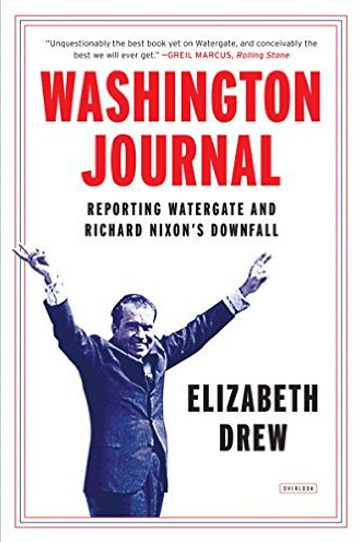 Notes on a Scandal
Notes on a Scandal
June 4, 2014 | The Barnes & Noble Review
In the fall of 1973, as Watergate rumbled from a tremor into an earthquake, The New Yorker assigned its new writer Elizabeth Drew to keep a journal of Washington’s tumultuous events. Toward the end of the project, which ended with Richard Nixon boarding Marine One for the last time in August 1974, an exhausted and …
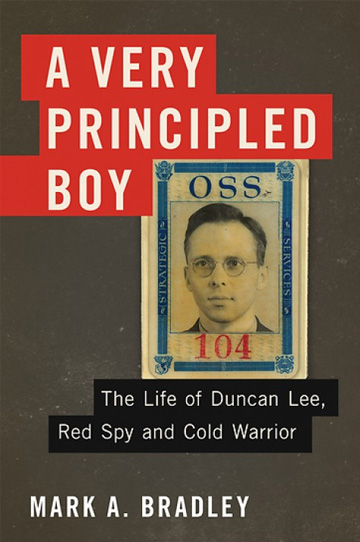 Hiding in Plain Sight
Hiding in Plain Sight
April 26, 2014 | The Wall Street Journal
THIS DARK AND SOBERING book tells the life of Duncan Lee, attorney, intelligence officer, descendant of Robert E. Lee – and Soviet spy. Lee was an impeccably pedigreed member of one of Virginia’s oldest families and a Cold Warrior who undermined Mao’s communists on behalf of the CIA. But his bona fides masked a radical …
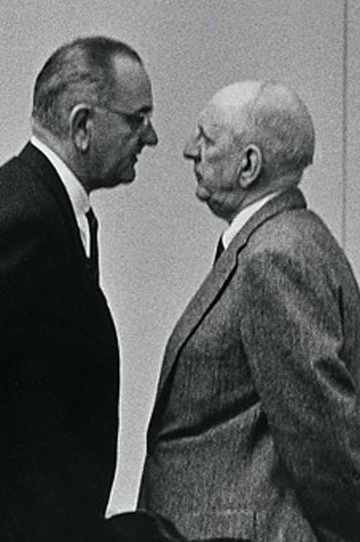 How LBJ Saved the Civil Rights Act
How LBJ Saved the Civil Rights Act
April 1, 2014 | The Atlantic
In the winter of 1963, as the Civil Rights Act worked its way through Congress, Justice William Brennan decided to play for time. The Supreme Court had recently heard arguments in the appeal of 12 African American protesters arrested at a segregated Baltimore restaurant. The justices had caucused, and a conservative majority had voted to …
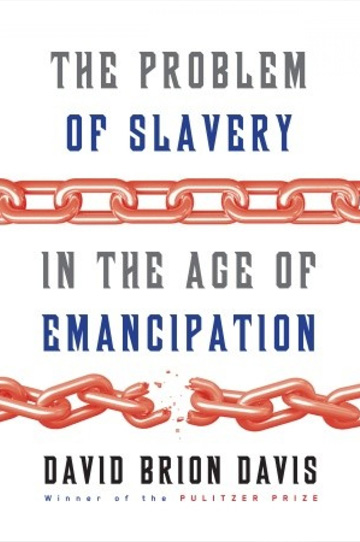 Of Human Bondage
Of Human Bondage
February 10, 2014 | The Barnes & Noble Review
We no longer live in an age of moral suasion, when earnest arguments addressed society’s problems head-on and without guile. Today our great social and political debates are proxy fights, and many are conducted in bad faith, as a kind of dodge. Thus the healthcare law ostensibly concerns socialism rather than the uninsured poor, and …
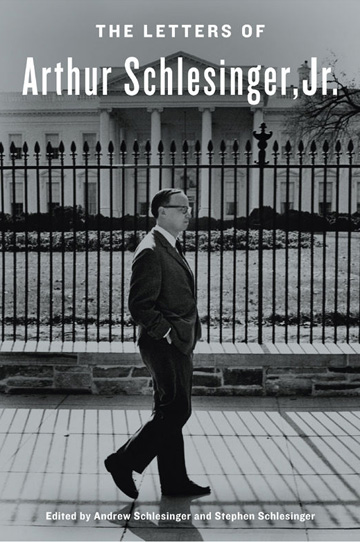 Letters from Camelot
Letters from Camelot
January 15, 2014 | Washington Monthly
Arthur Schlesinger Jr.’s parents fell in love, married, and produced an egghead. He wore eyeglasses and a bow tie. He spoke in perfectly formed sentences. At the age of twenty-eight he won his first Pulitzer Prize, for a biography of Andrew Jackson. Fifteen years later he entered the White House for the defining experience of …